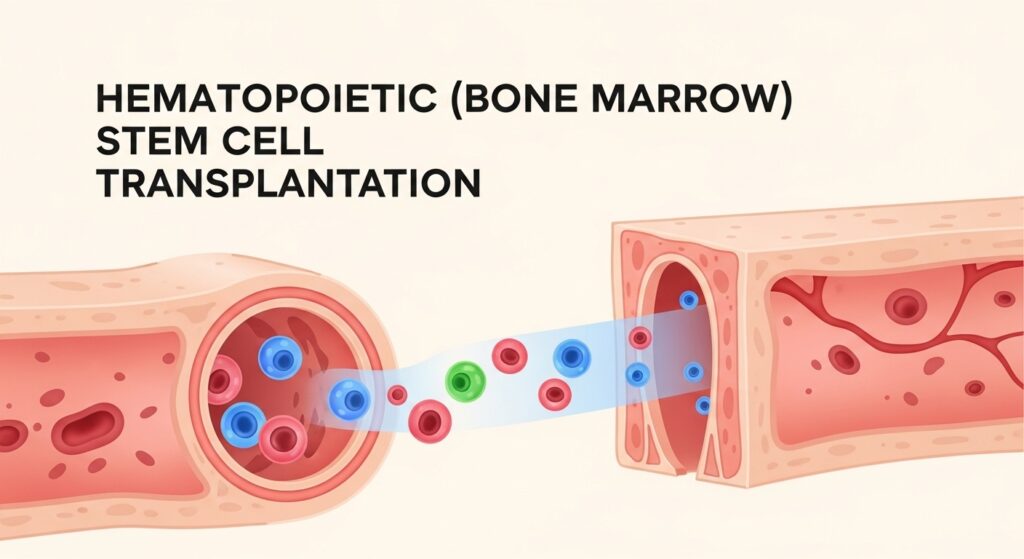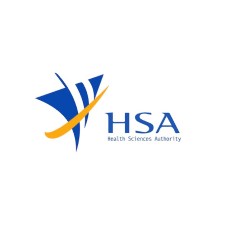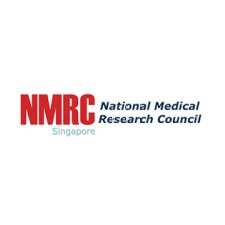NEWS
Bridging Care, Building Trust

Hematopoietic (Bone Marrow) Stem Cell Transplantation
By MediBridge Medical Team | Updated June 2025
What Are Hematopoietic Stem Cells?
Hematopoietic stem cells (HSCs) are blood-forming stem cells found in the bone marrow, bloodstream, and umbilical cord. They possess two key properties:
- Self-renewal: They continuously replenish the stem cell pool.
- Multipotency: They generate all blood cell types—red cells, white cells, and platelets—forming the foundation of your immune and blood systems.
How HSC Transplants Work
1. Types of Transplants
- Autologous: Your own stem cells are collected before treatment and re-infused afterward. This avoids donor compatibility issues.
- Allogeneic: Stem cells come from a healthy donor. This offers potential for graft-versus-tumor effects, but carries a risk of graft-versus-host disease (GvHD) .
2. Collection Methods
- Bone marrow aspiration (directly from bones)
- Peripheral blood mobilization, where medication (e.g. G-CSF) moves HSCs into the blood for non-invasive collection.
- Cord blood—collected and preserved at birth for later use.
3. Conditioning Regimen
Before transplant, patients undergo chemotherapy and/or radiation to eliminate diseased cells and make room for new ones. Side effects may include nausea, fatigue, hair loss, and infection risk.
4. Stem Cell Infusion & Engraftment
The transplant is delivered via a central IV line—a process similar to a standard blood transfusion. Over several weeks, new stem cells migrate to the bone marrow and begin producing healthy blood cells, a process monitored closely.
What HSC Transplants Treat
HSC transplantation is used to treat both cancerous and non-cancerous conditions:
- Blood cancers: Leukemia, lymphoma, multiple myeloma
- Bone marrow failure syndromes: Aplastic anemia, myelodysplasia
- Genetic and immune disorders: SCID, sickle cell disease, hemoglobinopathies
- Metabolic disorders: Adrenoleukodystrophy, mucopolysaccharidoses.
Risks & Post‑Transplant Care
Potential complications include:
- Graft-versus-host disease (GvHD) in donor transplants
- Infections, due to weakened immunity from conditioning
- Organ damage, infertility, cataracts, or secondary cancer.
Patients often stay in or near the hospital for weeks to months. Recovery time can range from 2 months (autologous) to over a year (allogeneic).
Why Choose MediBridge?
At MediBridge, we partner with MOH-licensed and HSA-verified transplant centres. You’ll receive:
- Expert evaluation of suitability (age, health, donor compatibility)
- Customized care: stem-cell collection, conditioning, infusion, recovery support
- Long-term follow-up to monitor engraftment and manage post-transplant health
Summary
HSC transplantation is a powerful, potentially curative therapy for serious blood and immune disorders. With decades of scientific validation, it remains the leading treatment when conventional therapies fail. MediBridge connects you with state-of-the-art facilities and expert support for safe, successful outcomes.
Ready to Begin Your Healthcare Journey?
Get a free consultation with our medical experts to
discuss your treatment options






